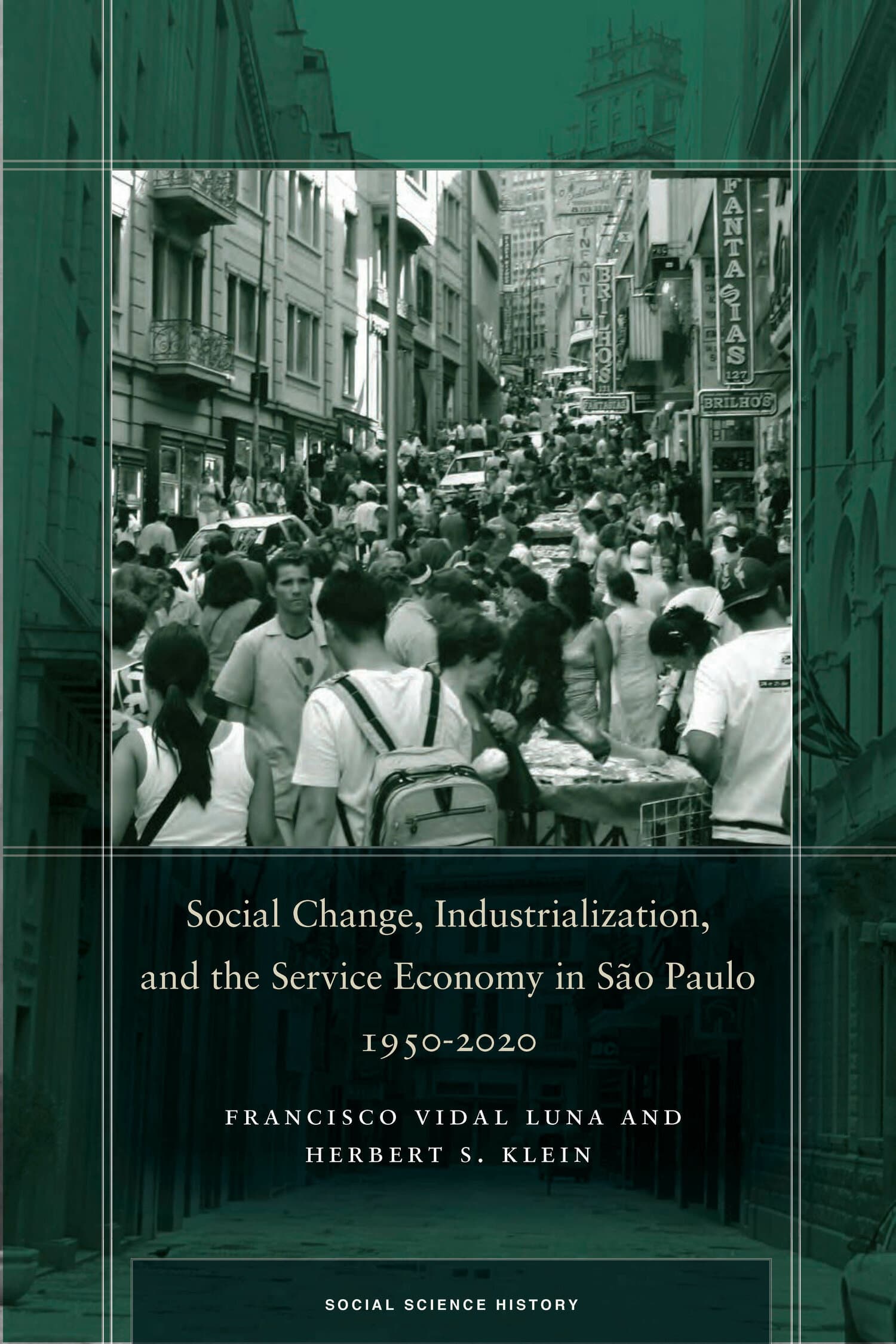Native Capital

This book studies the development of banks and stock and bond exchanges in São Paulo, Brazil, during an era of rapid economic diversification. It assesses the contribution of these financial institutions to that diversification, and argues that they played an important role in São Paulo's urbanization and industrialization by the start of the twentieth century. It finds that government regulatory policy was important in limiting and shaping the activities of these institutions, but that pro-development policies did not always have their intended effects. This is the first book on São Paulo's famous industrialization to identify the strong relationship between financial institutions and São Paulo's economic modernization at the turn of the century. It is unique in Brazilian economic history, but contributes to a body of literature on financial systems and economic change in other parts of the world.
"This major contribution to Brazilian economic history is... very good at describing what happened and why."—The Americas
"Hanley has produced a deeply researched and persuasive analysis of the neglected, but fundamental, financial institutions that are so crucial to understanding economic development."—Journal of Latin American Studies
"Anne G. Hanley...has constructed an excellent, detailed history of the organizations and legal structures that fueled an extraordinary period of financial innovation in Sao Paulo....Native Capital provides an important case study for very important questions in Brazilian and financial history. That the book raises provocative questions is a measure of its success."—EH.Net
"...will not doubt stand as the definitive study of banking and business finance in So Paulo before 1920 for many years to come."—Business History Review
"Hanley's well documented study is indeed an important contribution to our knowledge of the early diversification and industrial growth of Brazil's most dynamic state."—American Historical Review




